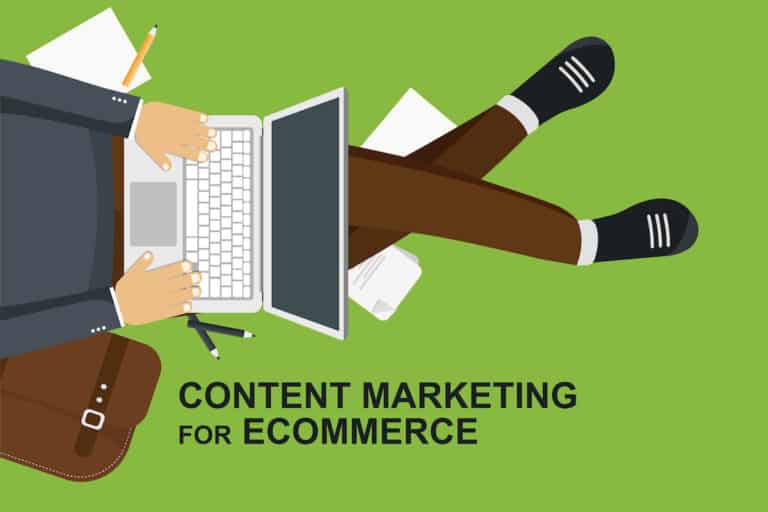
The majority of consumers (86%) will use a search engine to find products online.
That’s why having paid marketing, known as Pay-Per-Click (PPC) ads, on search engines can be a boon for sales.
But the downside of running PPC ads is that they can get expensive, and the more traffic you receive from your ads, the more money you will ultimately spend.
Does this mean you can’t run a successful PPC campaign with a small budget? Not necessarily.
With the right keyword research and conversion optimization, you can still use PPC ads to bring in new shoppers, even if you don’t have much money to spare.
Here’s how.
1. Find Keywords With Low CPC and High Search Volume
Choosing the right keywords for your PPC campaign is vital to success.
The “right” keywords will vary depending on things like search intent — what words or phrases shoppers might associate with your products or store — and search volume, or how many people are searching for those words and phrases.
According to Travis Phipps, author of Hitchhiker’s Guide to PPC, 64% of searchers who are ready to buy will click on a paid ad sooner in their search than an organic (SEO) link.

Keywords with high search intent (also called commercial intent) are those that relate to a shopper in the middle to bottom of the sales funnel. In other words, they’re ready to buy, not just research.
This might include long-tail keywords (keywords with 3 or more words) with phrases like:
- Buy
- Free shipping
- Coupon
It could also include product-based keywords like specific brand names (“Nike shoes”), certain products (“iPhone X”) or product categories (“fitness gear”).
Other search intent keywords include phrases like “affordable,” “cheapest,” or “review.”
By contrast, keywords with lower search intent are usually more informational or navigational (“which iPhone is best?”).
You also have to find keywords that have a medium (1K-10K) to high (10K+) search volume so you’ll get enough traffic to your ads and your site, though popular keywords tend to have a higher Cost-Per-Click (CPC).
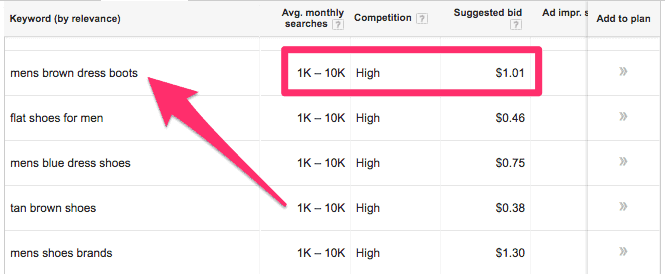
If you’re on a budget, it might be hard to find high search intent, high volume keywords that still fall within your price range.
Ideally, you want to find keywords with a medium to high search volume with low competition, also called “low hanging fruit.”
If that’s not possible for your given keywords, you can look for those with high competition that are still relatively inexpensive.
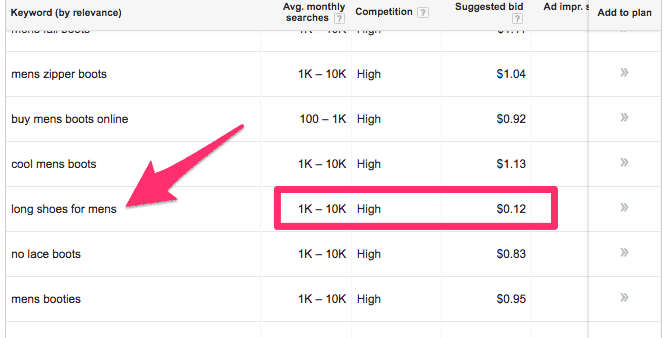
Or you may have to get creative with your keyword list or keep it short.
While you may not find as many keywords that fit this category as someone with a bigger budget, having a handful of high intent keywords will be better for your PPC strategy in the long run.
Here’s how to find low hanging fruit for your PPC campaigns.
2. Create a Custom Audience
The next step is to refine your target audience so only the people with the highest buying intent will actually see your ads.
When you have fewer ads to run, or you’re simply hoping to increase your conversion rates for the lowest cost, having a customized audience will be key.
In terms of customization options, both Google and Facebook have the best options for tailoring your audience.
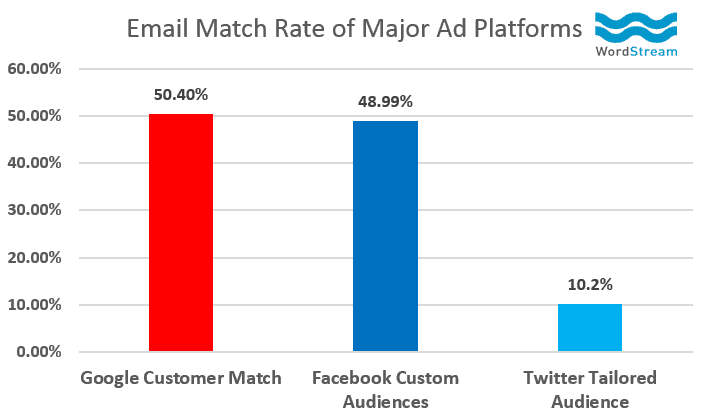
Google’s customer match feature allows you to upload a list of customers who have already purchased from you (if you already have an email subscriber list, you can retarget customers with new ads, for instance).
You can also limit your audience reach based on location.
This can be helpful if you also have a physical location for your store, or if you have shipping rate deals worked out with distributors in certain locations, for example.
Keywords like “buy [keyword] near me” or “buy [keyword] [location]” might have lower competition and CPC than broader terms like “buy [keyword].”
Google encourages PPC advertisers to use interest-based targeting as well, which can help your ads reach more specific audiences without increasing costs for your campaign.
If you’re running your ads on Facebook, their Custom Audience feature will do more of the same.
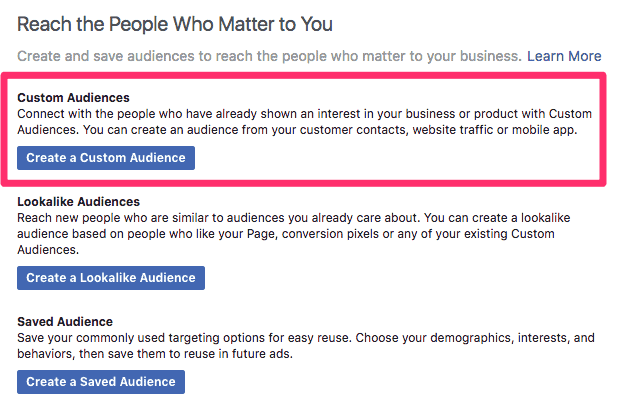
You can also upload a list of contacts to target social users who are already familiar with your brand or have purchased from you before, or simply broaden the reach of your ads without spending more on CPC.
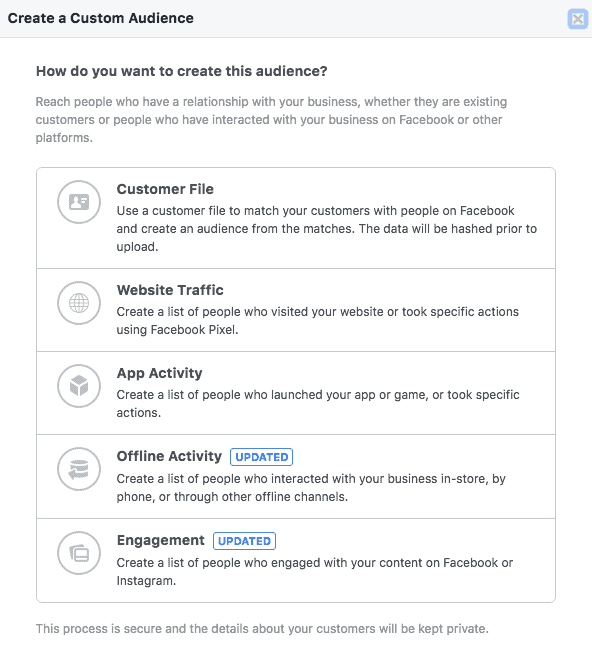
Studies show that 26% of Facebook users who click on ads go on to make a purchase.
While the average CPC for Facebook ads is around $1.72, for certain industries or niches you can find lower CPC rates compared to AdWords, especially for competitive terms.
This makes it a good alternative for those with a limited budget in a highly competitive industry.
3. Improve Your Conversion Rates
The final component of a successful PPC ad is your website.
PPC campaigns are really only a success if someone clicking on your ad turns into a paying customer at the end of the journey. Anything less than a sale is simply a waste of money for your business.
Your PPC ads will only work if your website also converts.
That’s why it’s better to have high intent keywords that target those who are ready to buy rather than those who are merely browsing. If they come ready to buy, you don’t have to drop hundreds of dollars on ads.
So how do you make sure your website is converting when searchers show up there?
First, identify any elements of your landing pages (product pages) that might prevent searchers from becoming customers.
This might include things like:
- Product images
- Checkout button color
- Checkout button placement
- Website copy
- Too many ads or clutter
- Trust signals
- And more.
Optimizing your product pages with high-quality images, clear calls to action (“Proceed to Checkout”), and descriptive product copy can all help sell customers who click on your ads.
Heat mapping can be a great way to track how visitors are interacting with your site (where they’re looking, where they’re clicking) once they click on your ad.
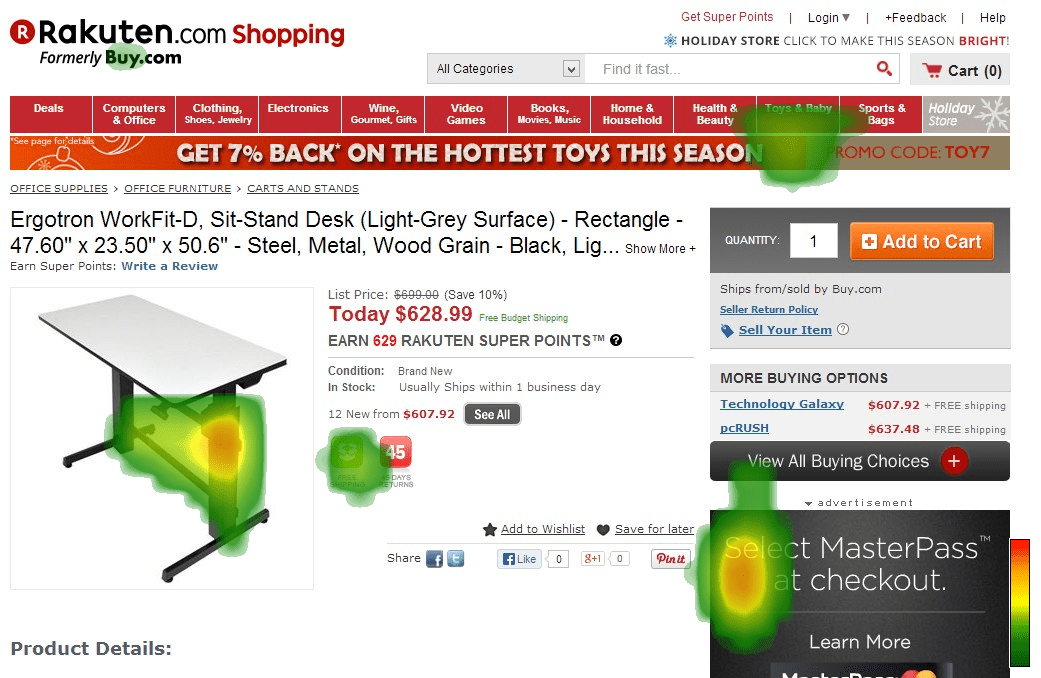
Ensure that your PPC ads are created for specific landing pages and don’t just send searchers to your homepage. They may not know what to do once they arrive and leave without buying.
Next, make sure you’re tracking your PPC traffic.
Google Analytics can tell you where your visitors are coming from so you know how well your ads are performing compared to your other marketing efforts, like organic SEO.
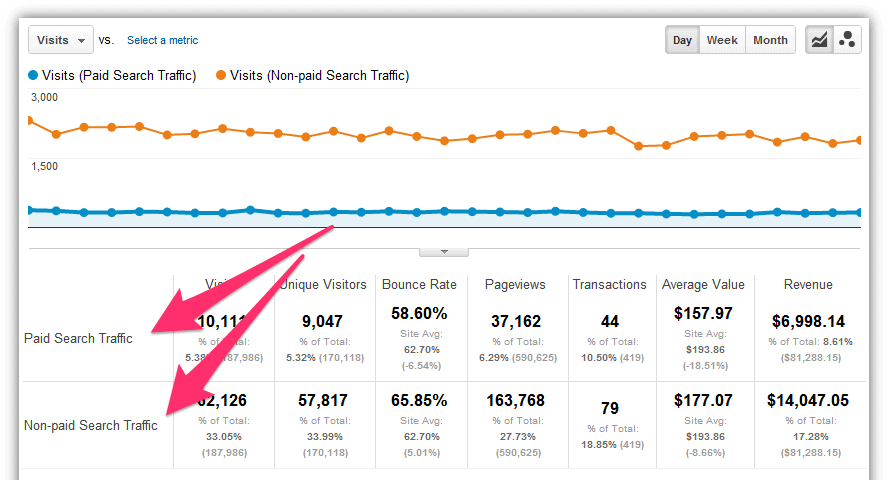
If you find that more traffic is coming from organic search compared to paid search, for example, you might need to find different keywords or try a different platform (e.g. Facebook vs. Google vs. Bing).
Regularly measuring your PPC results can help you pinpoint keywords that aren’t working as well as change up the elements of your website that might prevent a PPC searcher from becoming a paying customer.
It can also help you identify other trends that might work better than PPC ads in certain cases, like email marketing and retargeting.
Final Thoughts
Even though it can be a challenge to run PPC campaigns if you don’t have a large budget, it’s by no means impossible.
The first thing to do is spend time finding your ideal keywords.
Look for keywords that have the highest search volume with medium to low competition and a low CPC.
This list may be short and that’s okay. If your website is high converting, you’ll see higher conversion rates from your PPC ads, even if you only have a few of them running.
If push comes to shove, a low cost but high search term might work if you narrow down your audience, which is something you’ll want to do anyway.
Focus on targeting searchers with high purchase intent or those with interests closely related to your products (if they’re previous customers, all the better).
Finally, make sure your website is optimized so that the money you do spend on ads isn’t going to waste.

